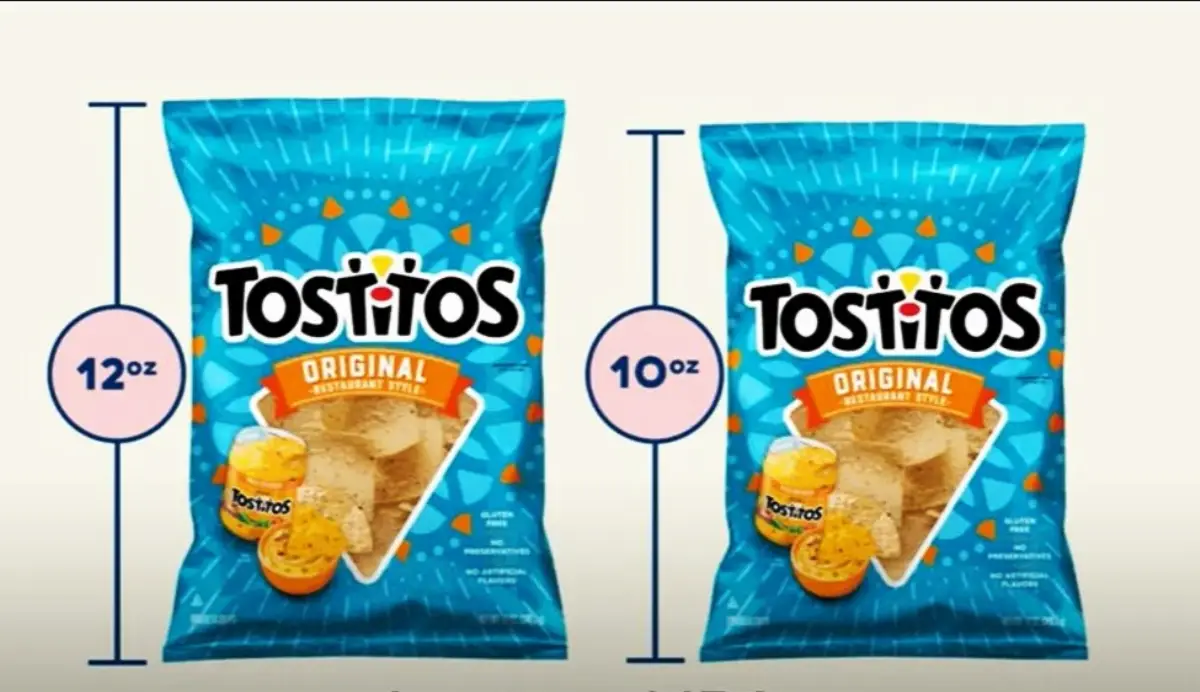
Antitrust South Korea stands against shrinkflation
Fine up to € 6,900 to food manufacturers and suppliers who do not inform if they reduce the amount of products

South Korea openly opposes shrinkflation, the hateful practice of reducing the size, quantity or quality of food in the packaging of products on sale, not to increase prices, a practice defined by the FTC, the Korean Fair Trade Commission "an unfair transaction subject to sanctions". To combat this commercial scourge, the National Antitrust has declared that food manufacturers and suppliers must inform buyers if they reduce the amount of their products inside the packaging, or the packaging itself.
The rule will come into force in August after a grace period of three months, and offenders will be fined 5 million won (3.400 Euro) for the first infringement, and 10 million won (6.900 Euro) for the second: under the new legislation, Most manufacturers of processed food and household items such as toilet paper, shampoo and detergents will have to display labels for three months if they downsize their products in order to increase the unit price.
"The amendment aimed to prevent a situation in which companies reduce the size, standards, weight or quantity of their products without sufficient notice, so that consumers unconsciously suffer a substantial and masked increase in prices", emphasizes the antitrust in a statement. The shrinklation, in the country, has become a problem especially in the face of the surge in inflation in recent years: the rise in food prices was one of the main problems on the eve of the parliamentary elections last month, in which the ruling party of president Yoon Suk Yeol suffered a heavy defeat.
A problem so felt that the Yoon government had to take several measures in an attempt to contain the increase in prices, including the cut in tariffs on food imports and the pressure on companies to limit price increases.
EFA News - European Food Agency